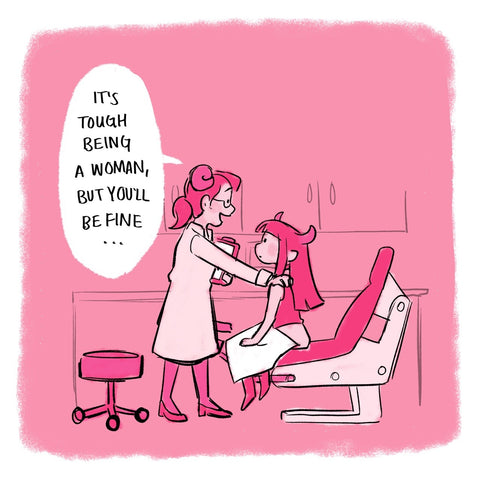Things You Need to Know About Urinary Tract Infection
[article]
A UTI is an infection in any part of your urinary system — your kidneys, ureters, bladder, and urethra. Most infections include the lower urinary tract — the urethra and the bladder.
Women are more likely to develop a UTI than men are.
Your Urinary Tract infection can be painful and annoying. However, if a UTI extends to your kidneys, it can have serious consequences. Generally, antibiotics is prescribed to treat urinary tract infections. But you can also take the necessary steps to reduce your chances of obtaining a UTI.
Symptoms
Infections in the urinary tract do not always cause signs and symptoms, but sometimes cause urinary tract infection severe cramping. Apart from that they also include,
- Heavy, persistent urination
- A burning sensation when urinating
- Urine appearing to be red, bright pink or coloured — a sign of blood in the urine
- Strong-smelling urine
- Pelvic pain in women — particularly in the center of the pelvis and around the pubic bone region
UTIs may be missed or mistaken for other conditions in older adults
Causes
The majority of urinary tract infections (UTIs) are caused by Escherichia coli (E. coli) bacterium, which is normally located in the digestive system. Chlamydia and mycoplasma bacteria may infect the bladder but not the urethra. UTIs are given names that differ depending on where they occur. For example, Cystitis is called a bladder infection. An infection with urethra is termed urethritis. Pyelonephritis is the name of a kidney infection. The ureters are the site of infection quite rarely.
Treatment
The full course of care for UTIs should always be followed to ensure that the infection is apparent and to reduce the possibility of antibiotic resistance. Symptoms of UTI can go away before the infection is completely gone. The type and length of care of the drug will depend on the individual's symptoms and medical history.
An uncomplicated UTI is one that happens with the regular, clear urinary tract in an otherwise healthy person. Usually, these can be healed within 2 to 3 days of diagnosis. A complicated UTI occurs in a person affected by another illness, such as pregnancy or heart transplant. Complicated UTIs tend to require more extended antibiotic periods, generally between 7 to 14 days.
The underlying issue have to be identified and corrected to cure a UTI that is caused by problems within the urinary system. Those infections can lead to kidney damage if left untreated.

It is essential to be aware of the UTI causes symptoms and treatment as sometimes, it might also lead to certain complications if untreated. So, it is crucial to maintain hygiene and to take medication immediately when affected.
If the person is seriously ill, they have to be admitted to a hospital to make sure they take enough fluids and get the right medication.
People will also need to go to the hospital if they are one of the following: pregnant and chronically sick older adults with cancer, diabetes, multiple sclerosis, spinal cord injury or other kidney stone medical complications or other improvements in their urinary tract who are recovering from recent urinary tract operations.
[/article]

















